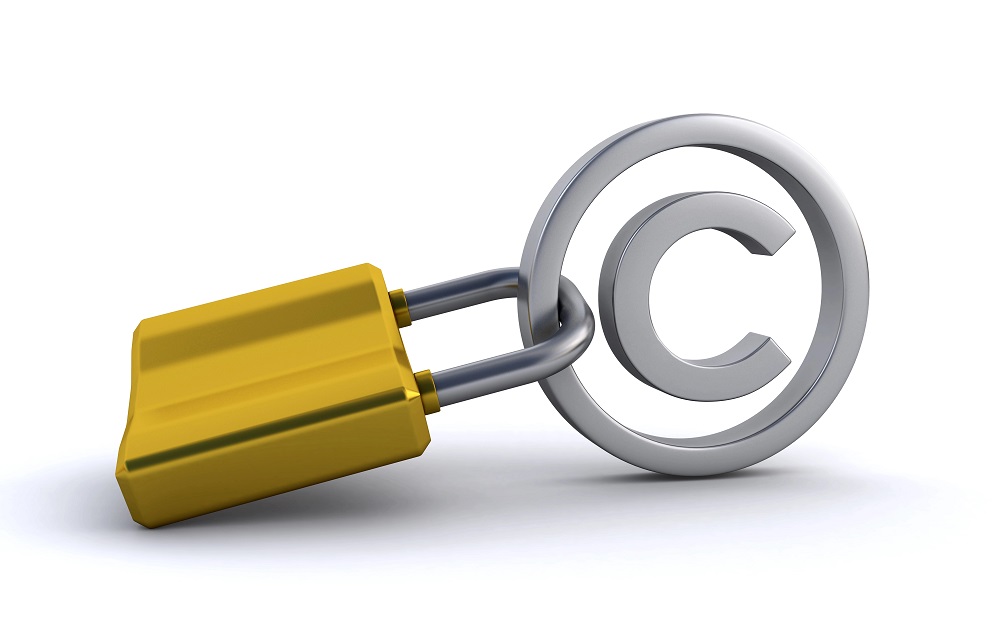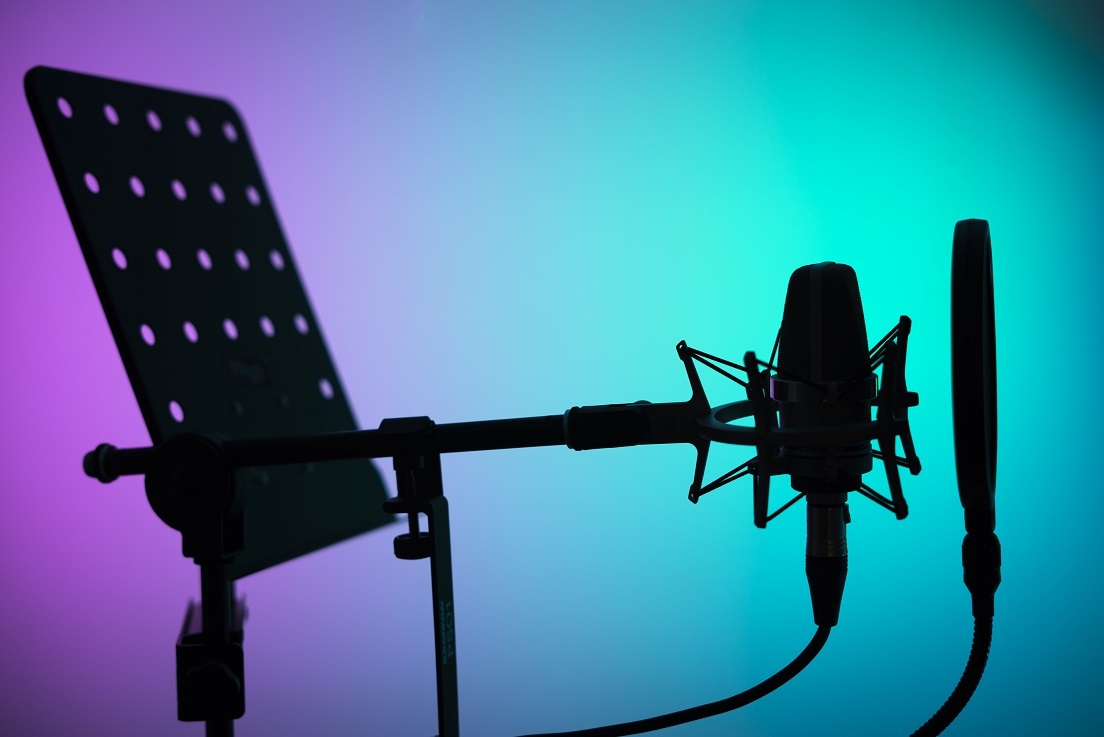Copyright can be a confusing and often intimidating subject. This is not a comprehensive legal guide, but it will set the record straight on a few key points every writer should understand.
What is copyright?
In the United States, copyright is a form of legal protection granted to “authors of ‘original works of authorship,’ including literary, dramatic, musical, artistic, and certain other intellectual works” (U.S. Copyright Office). It applies to both published and unpublished works.
In practical terms, the Copyright Act of 1976 gives you the exclusive right to:
-
copy and distribute your work,
-
create derivative works (such as a sequel or spinoff),
-
sell, license, or rent your work.
Others cannot legally use your work without permission, except in limited circumstances such as fair use or compulsory licenses.
When Copyright Protection Begins
Copyright attaches automatically the moment an original work is “fixed” in a tangible medium—whether written down, saved on a computer, or otherwise recorded. You don’t need to publish, register, or add a © symbol for protection to exist.
One important exception: if the work is created as part of employment or under a valid “work for hire” agreement, the copyright usually belongs to the employer or commissioning party, not the individual author.
Registration: Why It Matters
A common misconception is that registration with the U.S. Copyright Office is required to hold copyright. That has not been the case since 1989, when the U.S. joined the Berne Convention. Copyright exists automatically.
That said, registration remains highly valuable:
-
You cannot file an infringement lawsuit until your registration is approved. (A 2019 Supreme Court ruling clarified this point.)
-
Timely registration—before or within three months of publication—entitles you to statutory damages and attorney’s fees. Without it, only actual damages and profits are recoverable.
Registration is straightforward and available online at copyright.gov/eco.
AI and Copyright
As of 2025, copyright law is adapting to the rise of AI-generated content. The U.S. Copyright Office and federal courts have made the following clear:
-
Works created entirely by AI, without human input, are not copyrightable.
-
AI-assisted works can qualify for protection if the author contributes significant creative input—such as selection, arrangement, or editing.
-
Applicants must disclose which parts of a work were generated by AI and which reflect human authorship when registering.
In short: AI can be a tool, but only human creativity qualifies for copyright protection.
Submitting to Agents and Publishers
Writers sometimes worry that their manuscripts will be stolen if they share them with agents or publishers. In practice, this is extremely rare. Reputable professionals are in the business of discovering new talent, not stealing material.
It is also worth noting that ideas themselves are not protected by copyright. Similar story concepts often arise independently. What matters—and what copyright protects—is your original expression of the idea.
Finally, since 1989, copyright notices (©) have not been required. Including them on every page of a manuscript is unnecessary and may even signal inexperience.
Fan Fiction
Fan fiction—stories that use the settings or characters of other copyrighted works—is immensely popular but legally problematic. Unless you have explicit permission from the copyright holder, fanfic almost always constitutes infringement.
Many rights holders choose not to pursue legal action, and some tolerate or even encourage fan communities. Still, the legal risk is real. Arguments that fanfic qualifies as “fair use” are usually weak. Writers should proceed with caution.
Creative Commons
For creators who want to share their work more openly, Creative Commons offers flexible licensing options. These licenses work within copyright law, allowing you to decide whether and how others may reuse, adapt, or remix your work—commercially or non-commercially.
Creative Commons is not an alternative to copyright, but rather a way to customize how your copyright is exercised.
Final Thoughts
Copyright exists to protect authors. Understanding the basics helps you use those protections wisely, avoid common misconceptions, and respect the rights of others. Register your work if you want the strongest enforcement tools, but don’t let fear of theft keep you from sharing your writing with the world.
Further Reading
-
U.S. Copyright Office — official guides and registration portal
-
Writer Beware — resources on scams and publishing pitfalls
-
Electronic Frontier Foundation — fair use and digital copyright
-
Creative Commons — licensing options for creators
Disclaimer: The information provided here is for general educational purposes only and is not legal advice. We are not attorneys, and nothing in this article should be taken as a substitute for advice from a qualified intellectual property lawyer. If you have specific questions about copyright or legal rights, please consult a licensed attorney.







